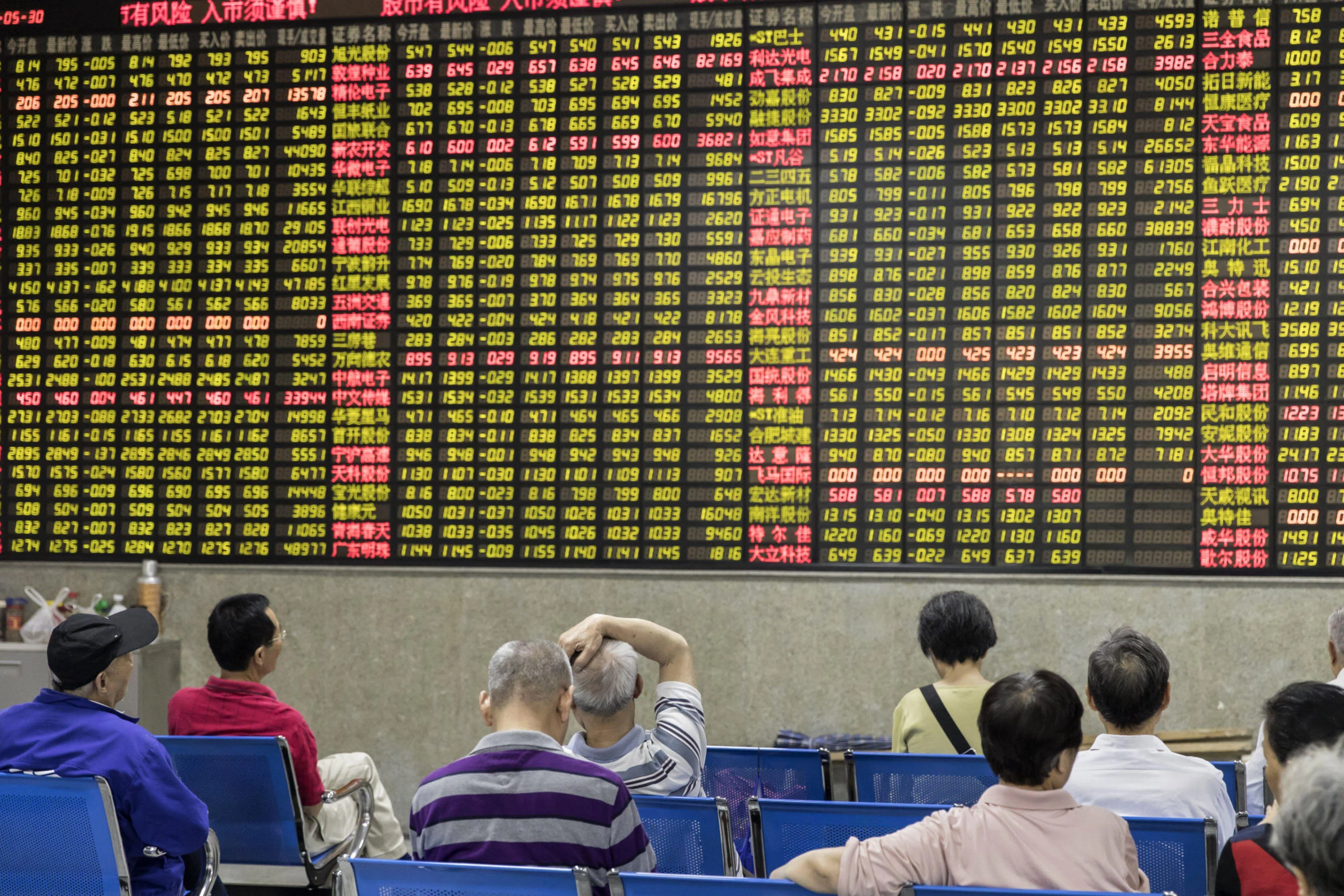SHARES of Temu parent PDD Holdings are being held back by geopolitical risks and fierce competition in China’s e-commerce sector.
Granted, it US-listed stock has surged 43 per cent surge from a March low, but it’s still trading at just 13 times expected earnings for the next year. That’s half the valuation of the Nasdaq 100, marking PDD’s steepest discount on record.
That might seem like a great bargain for a company that more than doubled sales in the latest quarter, a pace of growth second only to Nvidia’s on the tech-focused index. Some see the gap as justified given the harsh trade-war rhetoric from Beijing and both candidates in the upcoming US presidential poll.
“People are worried about election risks and potential tariffs coming for PDD, leading many to attach zero or even negative value to Temu,” said Shuyan Feng, deputy general manager for investment management at Huatai Asset Management.
PDD’s earnings more than tripled in the March-ended quarter as the company successfully pushed its budget e-commerce model into overseas markets. The high growth in Temu has drawn scrutiny in key Western markets, with European complaints that the Chinese online marketplace fails to protect consumers.
Troubles run deeper in the US, where lawmakers have alleged Temu and rival Shein exploit loopholes to the disadvantage of US competitors. The US government’s recent order for ByteDance to divest TikTok has piled further pressure on fellow Chinese Internet firms.
GET BT IN YOUR INBOX DAILY
Start and end each day with the latest news stories and analyses delivered straight to your inbox.
Intense rivalry within China is another source of worry. After ceding market share for years, PDD’s arch-rival Alibaba Group Holding posted double-digit growth in gross merchandise value in the latest quarter. Sales growth also quickened at JD.com, which has slashed prices and ramped up perks to woo shoppers.
Not that investors have been avoiding PDD – its 43 per cent gain since March is ten times the advance in the Nasdaq 100. But that’s been far outpaced by the nearly 60 per cent rise in forward earnings estimates in the same span of time.
Goldman Sachs upgraded PDD to buy from neutral on Friday (May 24), citing the company’s strong revenue growth and adtech capabilities. The main negative factors of tough domestic competition and tensions with the US are “more than priced in”, according to analyst Ronald Keung.
“China e-commerce is emerging as one of the more undervalued sub-sectors within China internet,” Keung wrote in a note. “We note there still appears to be limited investor appetite in valuing the Temu full business potential given geopolitical uncertainties.”
A further reason for PDD’s valuation discount could be its lack of shareholder return initiatives while the likes of Alibaba and Tencent Holdings repurchase billions of US dollars worth of stock. Except for PDD, all top 15 members of the exchange-traded Kraneshares CSI China Internet Fund have either a buyback programme or a regular dividend payout policy in place.
One more thing that could be holding PDD back is its unclear information for investors. PDD does not report revenue by region, and its business segments can be difficult to parse.
“The main thing holding back on PDD’s valuation is the lack of disclosures,” said Xin-Yao Ng, investment director at Abrdn. “It’s very difficult to value domestic PDD and Temu separately, and that’s important because there’s definitely a big geopolitical discount on the stock due to Temu.” BLOOMBERG






